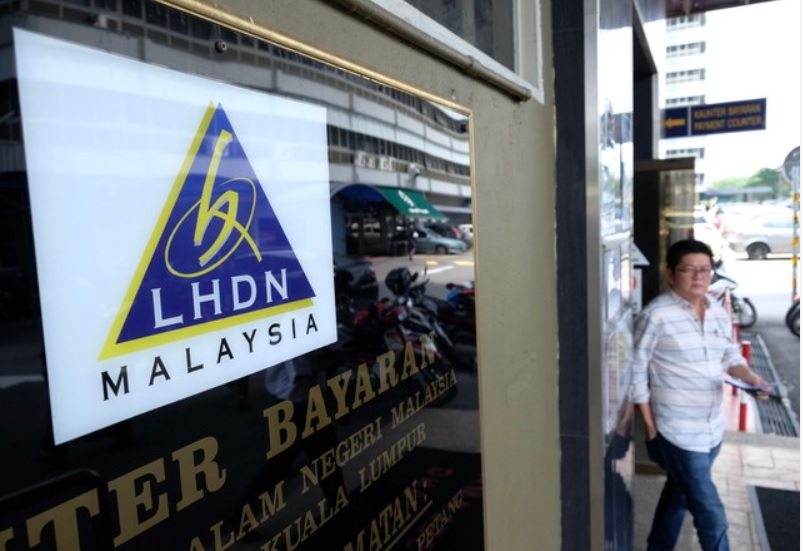KUALA LUMPUR, Sept 1 — A new rule for local non-profit groups to report the personal information of donors giving more than RM1,000 per year instead of RM5,000 previously is aimed at countering abuses, the Inland Revenue Board explained.
IRB chief executive officer and director-general Datuk Seri Sabin Samitah said the new set of rules, which govern organisations legally approved to provide receipts to donors for tax deduction, were introduced after some groups were found to have misused the donations and failed to comply with rules.
“Therefore, we decided to have stricter conditions for approval,” he was quoted saying by local daily Sin Chew Daily, adding that this would protect the interests of the donors and prevent them from being taken advantage of by organisations.
“The IRB wanted to ensure that institutions and organisations who truly comply with rules receive donations,” he was also quoted saying.
Sabin was also reported saying the new guidelines were aimed at ensuring that such organisations and institutions have well-maintained information regarding donors which would facilitate IRB’s inspections and control.
The new rules are also to ensure that donations are used for the correct purpose and in line with the conditions enabling tax-deductible donations, and would also increase donors’ confidence in the organisations and institutions, he said.
The new set of guidelines by the IRB was issued on May 15, 2019, replacing the previous set of guidelines dated April 2005.
The guidelines outline the conditions for organisations or institutions who seek IRB’s approval under the Income Tax Act’s Section 44(6). (Section 44(6) covers tax deduction via deduction from a person’s aggregate income of an amount equivalent to a donation made to the government, state government, local authority or institutions or organisations that are approved for such purposes.)
Under the May 2019 guidelines, those that can apply to the IRB to provide tax-deductible receipts for donors are not-for-profit institutions (including hospitals, universities, technical or vocational training institutes, public or charitable institutions) and not-for-profit organisations (including environmental protection or animal protection groups, cultural and art promotion organisations, organisations to manage funds to ease Malaysians’ hardships, organisations managing public or private funds to build or improve local education institutes or to grant scholarships).
Besides being established primarily as non-profit, these organisations and institutions are required under the guideline to ensure their services or benefits are to all Malaysians regardless of race or religion and are not limited to target groups based on race, religion, political affiliations, among other things.
These organisations or institutions are also required to submit financial statements to the IRB, along with a “list of donors who donated RM1,000 and above”, the May 2019 guidelines state.
According to Sin Chew Daily, Sabin said the new guidelines requiring disclosure of donors donating more than RM1,000 also covers funds for the management, building or purchase of places of worship, as well as funds for the building of schools.
The organisations and institutions are also required to issue official receipts for financial contributions from donors with complete information such as the donor’s name, identity card number, passport number and complete address.
For non-individual donors, the information required include the donor’s name, registration number and complete address.
Sabin reportedly indicated that donors need not worry about the new RM1,000 reporting threshold as long as they did not break any laws, also saying that the revised rules would help donors when calculating the total tax-deductible amount.
He reportedly said other countries such as Singapore, US and the UK were using similar measures, also assuring that the IRB is bound by law to ensure confidentiality of the information provided.
He said that only official receipts issued according to the rules can be used by donors for tax deductions.
“They can omit the provision of personal information, but they will not be able to get a tax-deductible receipt,” he was quoted saying by Sin Chew Daily, adding that receipts issued without the donors’ complete information could jeopardise the organisations’ tax-deductible status.
According to the May 2019 guidelines, only cash contributions and donations backed by official receipts can be used for tax deductions with limits of seven per cent of an individual’s aggregate income and 10 per cent of a company’s aggregate income, while non-monetary donations such as food, clothing, stocks, building materials and other goods are not tax-deductible.



















